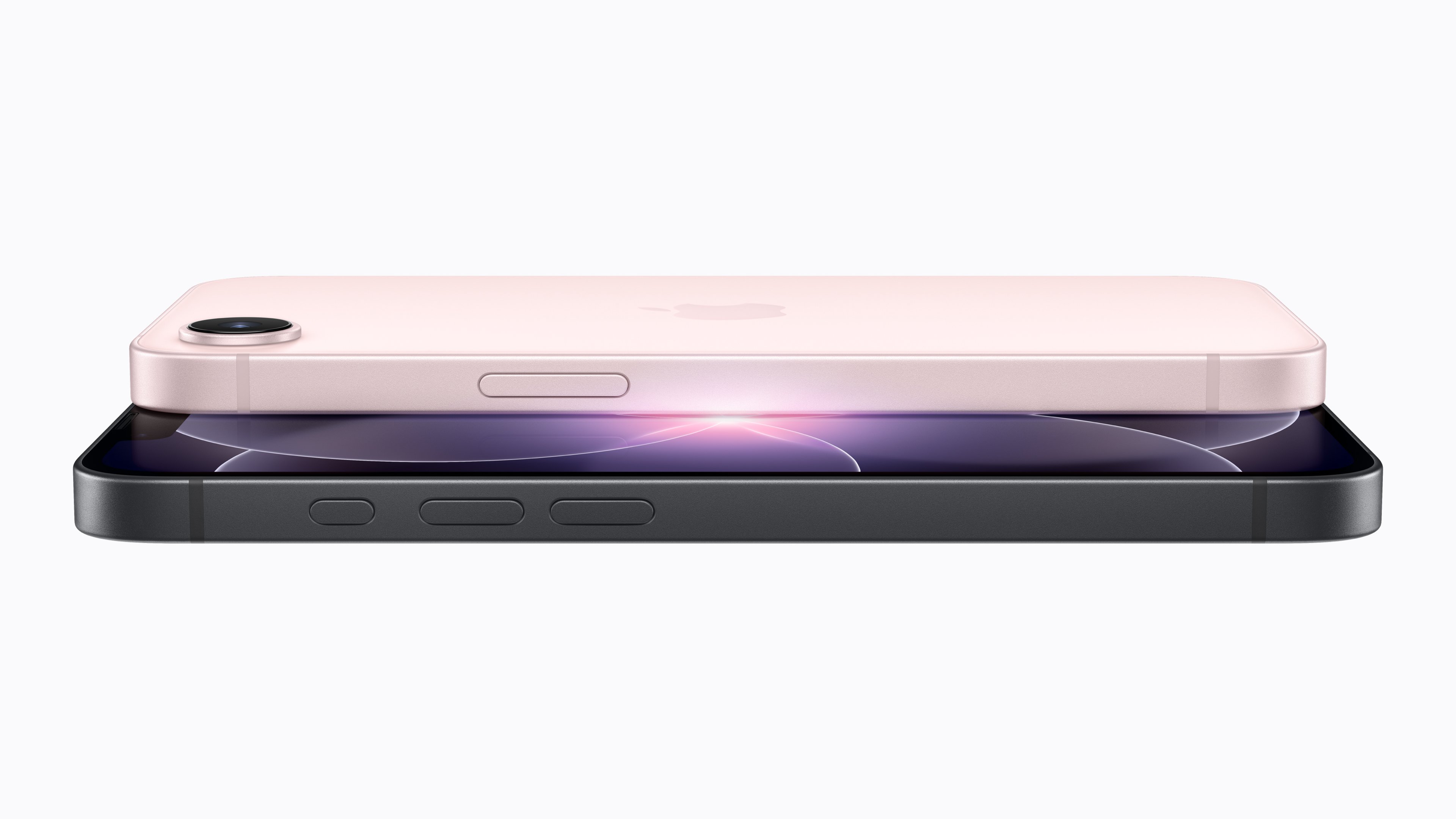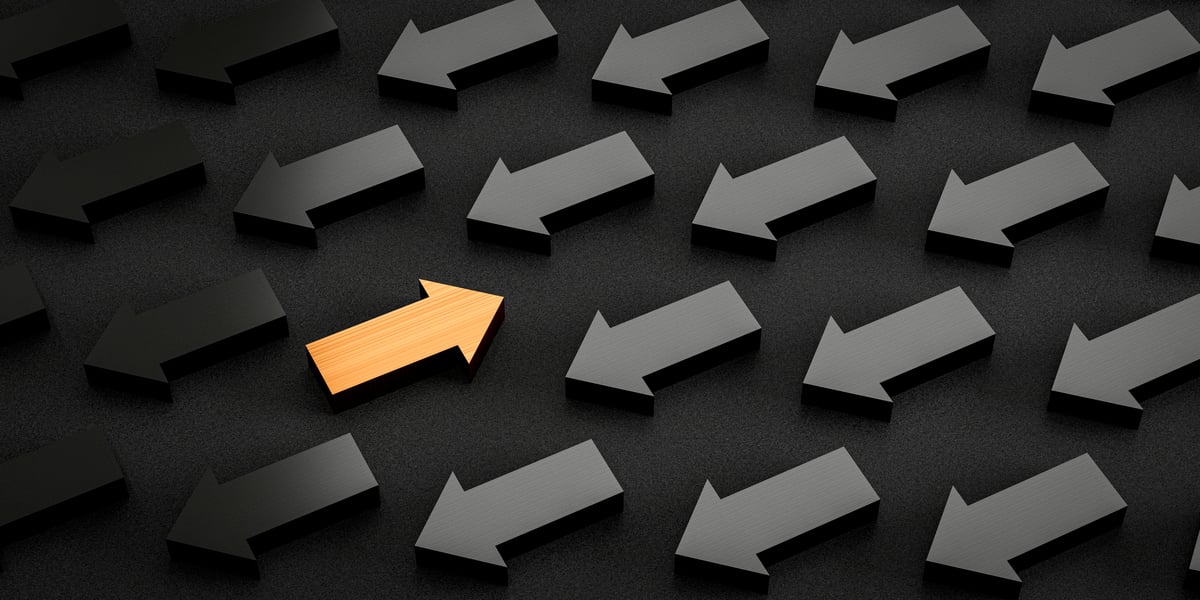In a blog post written from Nokia's (NOK +6.87%) event, Microsoft's (MSFT +1.50%) VP of Communications, Frank Shaw, responded to Apple's (AAPL +0.33%) latest iPad announcement, accusing the company of playing catch-up, giving iWork away in a meager attempt to turn the iPad into a productivity device like Microsoft's own Surface tablet.
Shaw is right to some extent: The iPad, even with free iWork, isn't likely to become an ideal productivity device. A number of corporations use them, yes, but tablets remain primarily a tool for entertainment. Perhaps that's why Microsoft's efforts have produced only lackluster results.
The Surface is built for productivity
Shaw explains that when Microsoft designed its tablet, it had productivity in mind:
A tablet built to offer great touch-based entertainment activities combined with a productivity powerhouse that helps people crank through the stuff they have to get done... the Surface is the most productive tablet you can buy today.
Shaw's right. If office productivity is what you have in mind, the Surface is probably the best tablet you can buy, certainly better than Apple's iPad. The Surface Pro, with its x86 architecture and ability to run just about any piece of traditional software, is even better. With its proprietary keyboard cover, bundled Office software, and multiscreen support, the Surface is the closest tablet out there to a laptop replacement.
How people actually use their tablets
Nevertheless, there's a more fundamental question up for debate: Do office workers actually want to replace their PC with a tablet? PC sales have been falling as the demand for mobile devices has been increasing, and the two trends are likely related. Yet, the users switching to mobile are largely consumers, and the way in which they're using their new devices suggests that productivity is way down on their list of priorities.
According to Localytics, tablet usage peaks at two points in the day: early in the morning, before people go into work, and then again in the evening -- right around 9 p.m., exactly when most people are at home relaxing. The way in which people use their tablets also supports this: Research firm Flurry reports that two-thirds of the time people are on tablets, they're playing games. Another 19% of the time, they are either in general entertainment apps or social networking.
Moreover, while the demand for PCs is falling, it's largely among consumers, not businesses. Last quarter, Microsoft reported that Windows demand was down 20% among consumers, but was actually up modestly among business users.
Current tablets aren't suitable for productivity
I'm sure Microsoft would note that most tablets people are using aren't suitable for work -- you're not going to do work on your tablet if you're using Apple's iPad, a device ill-suited for productivity. But why aren't people buying Microsoft's tablets?
Microsoft hasn't released exact sales figures for the Surface, but it's been far outsold by Apple's iPad. As GeekWire notes, Microsoft reported $853 million in Surface revenue back in July, and with an average selling price of around $500, that works out to be roughly 1.7 million tablets sold. On Thursday, Microsoft reported an additional $400 million in Surface revenue, saying that sales of the device had picked up. Still, overall Surface sales are pitiful compared to Apple's iPad -- Apple sold 14.6 million tablets just last quarter.
Microsoft is going to offer a third tablet -- sort of. Nokia's Lumia 2520 is a tablet running Microsoft's Windows 8 RT, just like the Surface. In terms of design, it's more like Nokia's phones, but in functionality, it's largely the same. Like Microsoft, Nokia has included its own proprietary keyboard cover, giving its tablet the same sort of productivity potential as Microsoft's own device.
When Microsoft closes its deal to acquire Nokia's hardware business, the Lumia 2520 will become yet another one of Microsoft's tablets.
Tablets are still about entertainment
In a subtle jab at Apple's iPad, Shaw writes:
Let's be clear -- helping folks kill time on a tablet is relatively easy. Give them books, music, videos and games, and they'll figure out the rest. Pretty much all tablets do that.
Certainly, Apple's iPad does that, and it does it well. It may not offer the productivity potential of the Surface or Nokia's upcoming Lumia 2520, but -- at least for now -- tablet users just don't want to work on their devices. Until that changes, it's Shaw (not the press) lost in the Reality Distortion Field.





